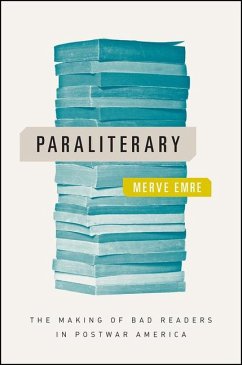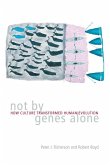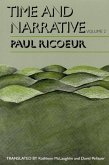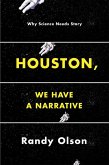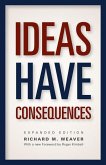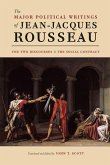You might think that any reader is a good reader (publishers certainly do). Merve Emre's tongue-in-cheek subtitle calls out "bad" readers--the kind whose approach to literature is naive, superficial, therapeutic, or escapist, at least in the eyes of scholars. They are not properly "literary" readers--not by the standards of university literature classrooms through most of the postwar era. Rather, bad readers read novels, stories, and poems for more vulgar reasons: to be instructed, improved, moved, even to feel civically engaged. In this book, Emre suggests that we think of bad readers not as non-literary but as "paraliterary," forged in institutions that have promoted literacy and writing well outside literature departments throughout the postwar period. Emre examines the rise of paraliterary reading and its role in helping readers acclimate to the rise of American power from the years just before World War II through the Cold War. While university literature departments were turning out good readers by the hundreds, other institutions--diplomatic missions, cultural exchange programs, multinational corporations, global activist groups--trained a vastly greater number of bad readers: diplomats, debutantes, tourists, and magazine subscribers. Emre's book explores a series of fascinating questions about American culture during this era: How did women's colleges teach students like Mary McCarthy and Jacqueline Kennedy to read novels? What hopes did idealistic Fulbright Scholars like Alfred Kazin and F. O. Matthiessen, enlisted to teach American Studies in Europe, carry with them? How did American Express become such a touchstone, both for the counterculture and family-oriented readers? The result is an invigorating and original look at the cultural life of reading during America's postwar ascendancy.
Hinweis: Dieser Artikel kann nur an eine deutsche Lieferadresse ausgeliefert werden.
Hinweis: Dieser Artikel kann nur an eine deutsche Lieferadresse ausgeliefert werden.

